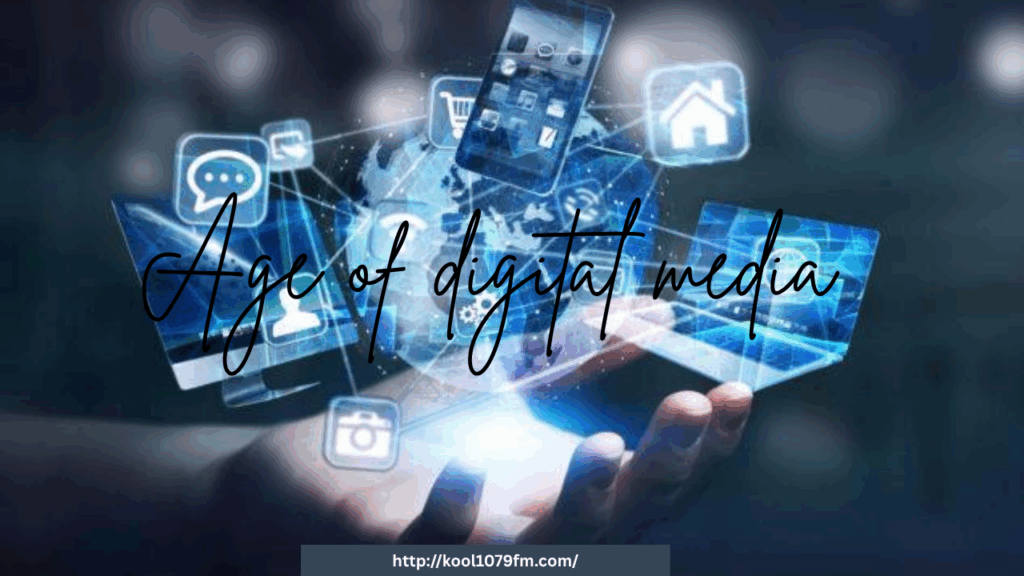
In the age of digital media, podcasts have emerged as a powerful and popular medium for storytelling, information sharing, and entertainment. What began as a niche platform has now become a mainstream cultural force, with millions of podcasts available across genres—from true crime and politics to comedy and education. This “podcast renaissance” is not only redefining how we consume content but also why audio storytelling resonates so deeply with modern audiences.
A Personalized Listening Experience
One of the key reasons for the podcast boom is the personalized, on-demand experience it offers. Unlike traditional radio or television, podcasts can be consumed anytime, anywhere. Whether during a commute, workout, or household chores, listeners can seamlessly integrate audio content into their daily routines. This flexibility makes podcasts uniquely suited to the multitasking lifestyle of contemporary society.
Moreover, the sheer variety of content ensures there’s something for everyone. Whether you’re into in-depth interviews, narrative documentaries, or niche topics like medieval history or science fiction analysis, there’s likely a podcast that fits your interests perfectly.
Accessibility and Low Barriers to Entry
The rise of podcasting is also fueled by its accessibility. For listeners, most podcasts are free and easily available on platforms like Spotify, Apple Podcasts, and YouTube. For creators, the barriers to entry are relatively low—requiring only a microphone, editing software, and a distribution platform. This democratization of content creation has led to an explosion of voices and stories from diverse backgrounds that may not have found a platform in traditional media.
Independent creators, journalists, celebrities, and even major media outlets are all participating in the podcast ecosystem, resulting in a rich, competitive, and constantly evolving landscape.
Intimacy and Engagement
Audio storytelling fosters a unique sense of intimacy and engagement that other formats often struggle to achieve. The human voice, when delivered through headphones or speakers, creates a personal connection between the speaker and the listener. This makes podcasts particularly effective for emotional storytelling, in-depth analysis, and long-form interviews.
Listeners often form strong bonds with their favorite hosts, developing a sense of trust and familiarity that enhances loyalty and engagement. This connection has proven valuable for advertisers as well, who are increasingly turning to podcast sponsorships to reach highly targeted and attentive audiences.
The Influence of Big Names and Networks
The podcast industry has been further legitimized by the involvement of major media companies and celebrity personalities. Networks like NPR, The New York Times, and BBC have launched award-winning shows that set high standards for production and journalism. At the same time, celebrity-hosted podcasts—from Joe Rogan to Michelle Obama—have brought massive audiences to the medium.
Exclusive deals, such as Spotify’s acquisition of high-profile podcasts, underscore the growing financial stakes in the podcasting world. These moves signal the medium’s potential as a lucrative and lasting component of the media industry.
Looking Ahead
As the podcast renaissance continues, innovations in monetization, interactivity, and content formats are likely to shape its next chapter. With advancements in smart speaker technology, personalized recommendations, and even immersive audio experiences, podcasting is poised to remain a vital part of our media consumption habits for years to come.

